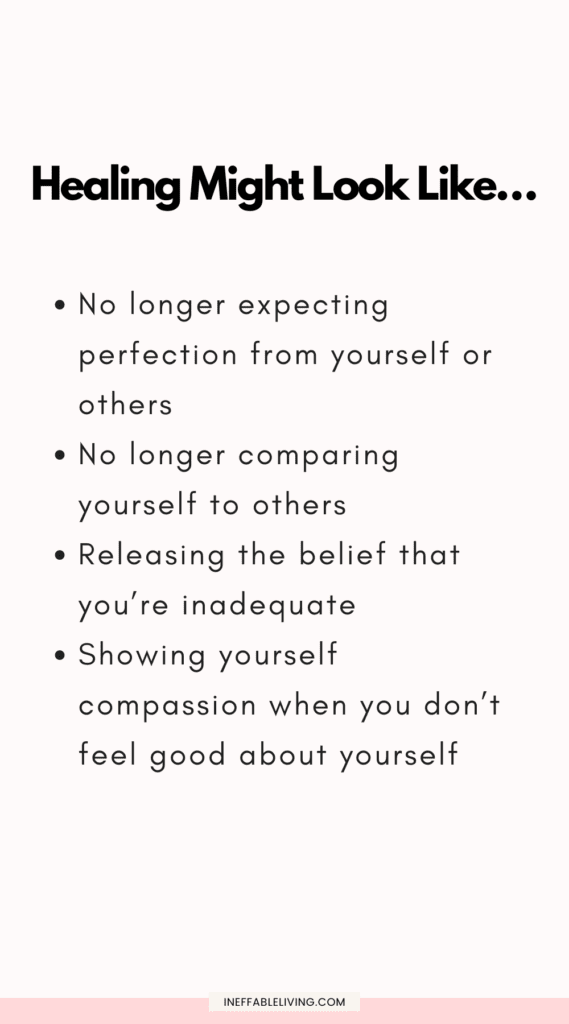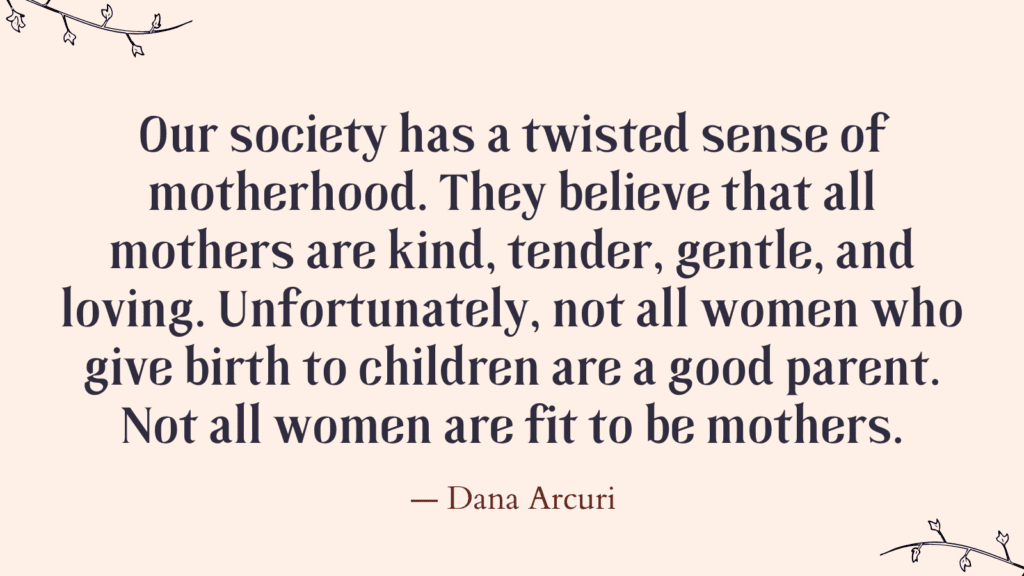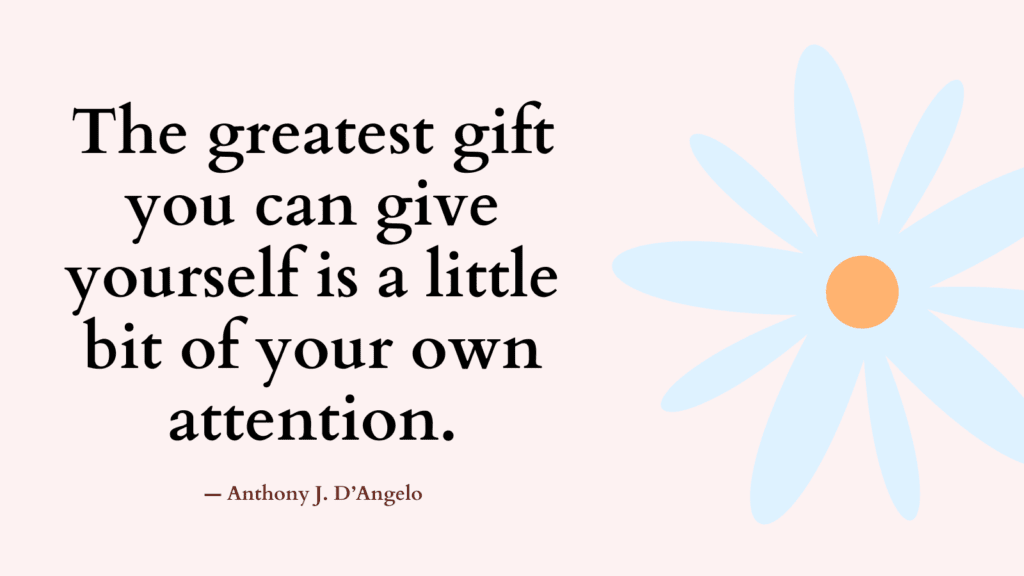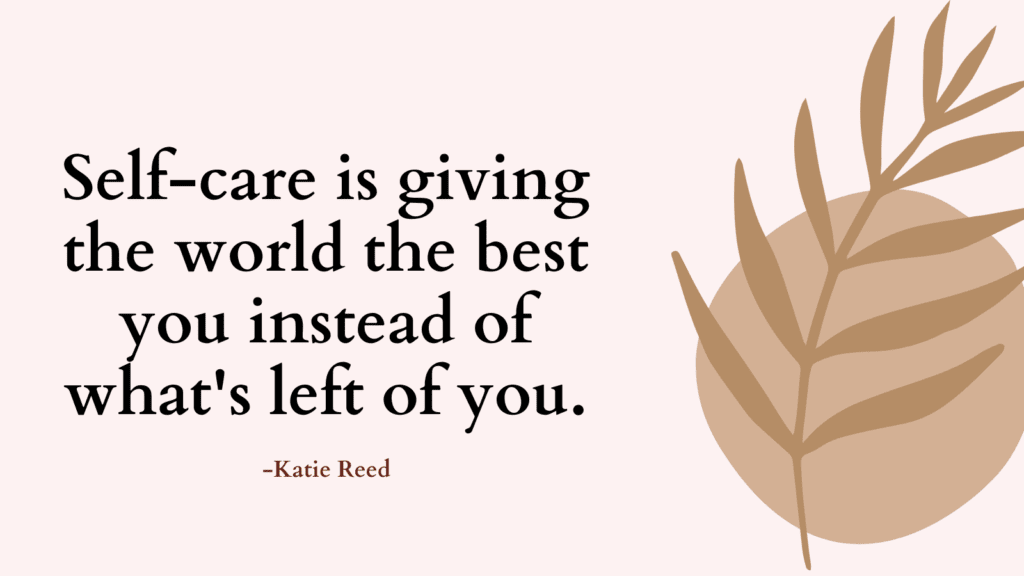This post contains “Toxic Mother-Daughter Relationship Quiz” and helpful tips to heal mother-daughter relationship.
Daughters of toxic mothers are diminished by the connection they share with their mothers. The relationship leaves them with feelings of low self-esteem and self-doubt, among other issues.
Toxic Mother-Daughter Relationship Quiz
Results
#1. Do you feel triggered when seeing a tender mother-child interaction?
#2. Do you tend to avoid looking deeply into your relationship with your mother as to not instigate any hidden pain?
#3. Does interacting with your mother leave you feeling furious and bitter on a regular basis?
#4. Does your mother have the habit of blaming or shaming you and making you feel bad?
#5. Does your mother constantly disregard your boundaries and meddle excessively in your personal affairs?
#6. Does your mother still treat you as if you were a child?
#7. Does your mother frequently dismiss your opinions and feelings?
#8. Does your mother downplay your accomplishments or shows little to no interests in your dreams and desires?
#9. Does your mother tell you or imply that she can’t cope without you?
#10. Does your mother tell you or imply that you are the reason for her unfulfilled life?
We will not sell your information. All results are kept confidential.
Results
The questions above reflect signs of toxic mother-daughter relationship. The higher your score, the more toxic the relationship with your mother.
What’s Next? Undermothered: How to Mother Yourself Using These Practical 10 Strategies?
FREE Mother Wounds Worksheets
Mother-Daughter Relationship
Many of us feel stuck blaming our mothers and wishing we could “divorce” her.
This can create lots of problems, especially if you still have to deal with your mother.
Polarized Mother Images
In our culture, mothers are either idealized or blamed for everything that goes wrong.
When it comes to mothers, human needs and feelings become distorted because we expect too much of our mothers and exaggerate the mistakes.
Many mothers and daughters find themselves filled with love and admiration one minute and overwhelmed with anger the next minute.
But blaming the mother isn’t the only issue.
Even putting the mother on a pedestal and seeing her as a perfect being can make it difficult to have fulfilling relationship with her.
Related: Undermothered: How to Mother Yourself Using These Practical 10 Strategies?
Looking At Our Mothers Realistically
Most of us, at some level, know how difficult it can be to be a mother and how hard our mothers tried to do right by us. However, many of us hold onto Perfect Mother myths.
In her book, The New Don’t Blame Mother, Psychotherapist Paula Caplan identified four Perfect Mother myths:
- Myth One: The measure of a good mother is a “perfect” daughter.
- Myth Two: Mothers are endless founts of nurturance.
- Myth Three: Mothers naturally know how to raise children.
- Myth Four: Mothers don’t get angry.
Stereotyping mothers as needy mother, cold or remote mother, demanding mother, critical mother, etc. can prevent also us from seeing our mothers good and bad point in all their complexity.
When we start looking at our mothers realistically and consider their side of the story, we break down barriers and become able to have more fulfilling relationships with them.
To do that it is important to look at the forces that shaped our mothers and to rethink our idea of how a mother should be.
Related: Inner Teenager Healing: 14 Proven Exercises to Heal Your Inner Teenager
Healing Difficult Mother-Daughter Relationship
#1. Write Your Mother’s Biography
Your mother didn’t magically appear in her adult state. She had her own childhood and her own wounds.
The best way to humanize our mothers is to write down their biography.
If she’s living and willing to talk about her life, it could be helpeful to interview her in person.
This may even help the mother relax, feel less need to protect herself, and act less angry and distant.
In her biography, write about the circumstances of her own birth, what her parents were like before and after they had her, her childhood, her dreams, her struggles, etc.
Also ask her about her experience of having you, her expectations, what surprised her or disappointed her about motherhood, etc.
#2. Consider Your Mother’s Struggles
At some level, we all know that everyone has his own struggles in life.
However, when it comes to our mothers, we expect them to take on enormous responsibilities and we overlook their struggles, or the fact that, like every other human being, she does struggle.
Common struggles you may need to consider may include:
- Uncertainty about how to parent their children
- Isolation
- Physical exhaustion
- Fear of failure
- Feeling inadequate
- Not feeling good enough
- Racial discrimination
- Poverty
- Disability or illness
- Having many children
- Being a victim of childhood or domestic abuse
- Being overworked or underpaid
- Divorce
- Poor relationships with other family members
- Frustrated dreams

#3. Find Qualities to Respect in Your Mother
Considering her struggles is one way to find reasons to respect your mother.
Another way to respect your mother is to focus on her good points, such as sense of humor, giving nature, friendliness, honesty, loyalty, patience, etc.
#4. Resolve Conflicts
Think about problems or conflicts between you and your mother:
- Choose one conflict to address. This needs not be your most serious conflict, but rather one you feel comfortable beginning with and one that you can both handle well.
- Identify your feelings around this conflict.
- Determine the sources of the problem.
Choose the right time to discuss this conflict with your mother, begin by expressing your feelings and your own perspective.
Make sure that you focus on yourself and how you feel about the conflict, rather than accusing or blaming your mother.
For example, rather than saying, “the problem is that you won’t let go of me,” try saying, “I feel guilty when you get upset if I go one day without calling you.”
#5. Take Small Steps
You don’t have to totally eliminate any tension between you and your mother.
You might find it helpful to make a list of small steps you can take, such as sending your mother a birthday card, smiling at her, or asking her about her something that interests her, etc.
Read: Best 15 Inner Child Exercises: How To Connect With Your Inner Child (& Heal Your Childhood Wounds)
Conclusion
Some people will find their mothers to be thoroughly unforgivable, even after careful thought and attempt to do any exercises to mend their relationship with their mothers.
And there are, of course, some cruel and profoundly disturbed mothers.
Don’t force yourself to mend your relationship with your mother. Allow yourself to do what feels right at every point in your life.

References
- Portions of this article were adapted from the book The New Don’t Blame Mother: Mending the Mother-Daughter Relationship, © 2000 by Paula Caplan. All rights reserved.







